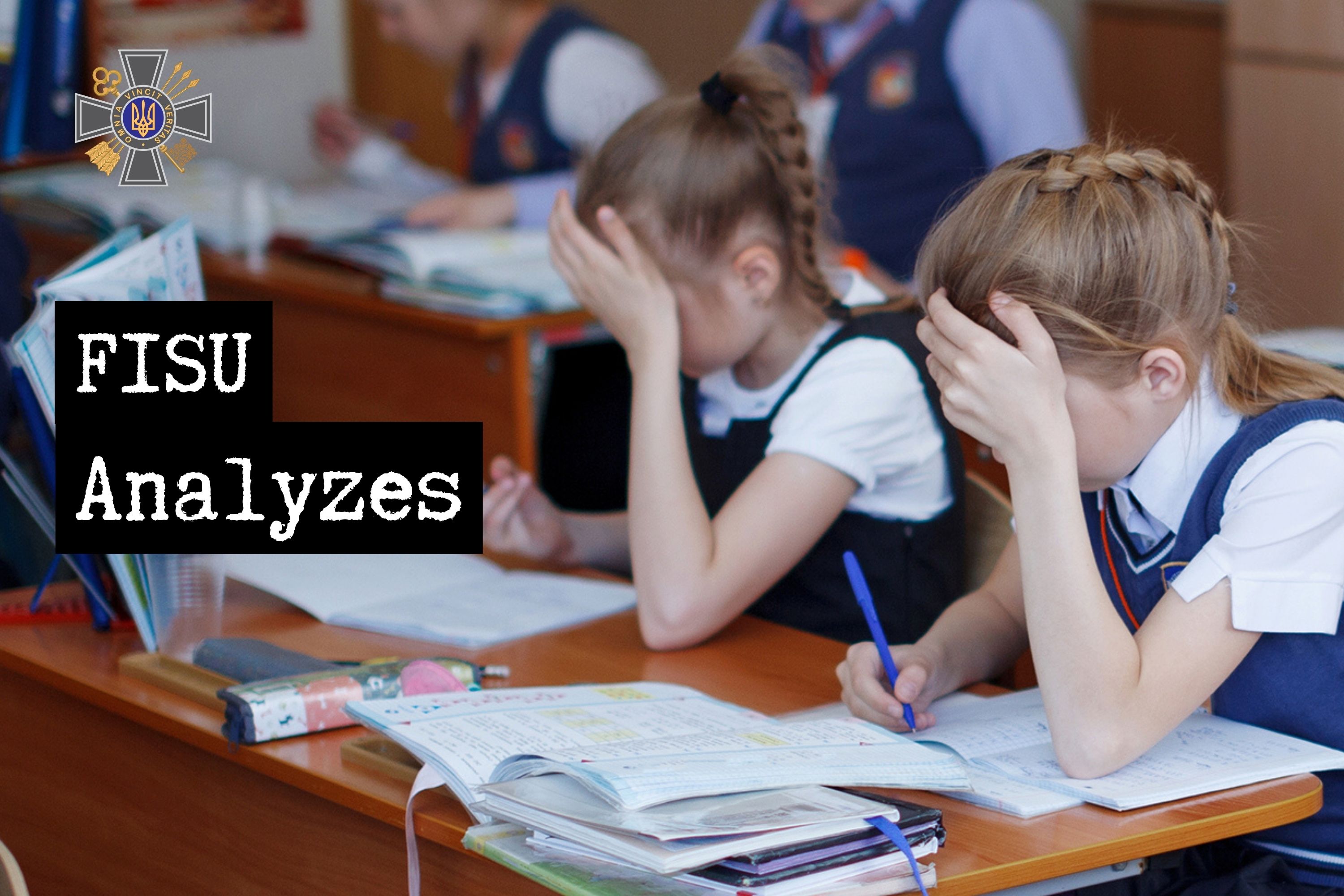More Detention Centers, Less Knowledge: Priorities of the rf’s Educational Policy
8/26/2025

Starting in September 2025, foreign language lessons will be reduced in russian schools. Students in forms 5–7 will have two hours a week instead of three. All languages without exception have been affected by the cuts. Instead, a new subject will appear in the timetable – “russia’s Spiritual and Moral Culture”, which will introduce schoolchildren to “outstanding figures in russian history”.
For russian schoolchildren, knowledge of a foreign language was the only ticket to the global education system. Before the full-scale invasion of Ukraine, 75–80 thousand russian citizens studied abroad every year. Today, after bans and restrictions, this option remains only for the children of the ruling elite, while ordinary school leavers lose the chance to integrate into the global educational space.
The kremlin’s priorities underscore this trend. The state has allocated 2.5 billion rubles for educational loans in 2025. For comparison, funding for the program to build new detention centers has tripled to 359.2 billion rubles. Pressure on higher education is increasing. In 2025, 12 criminal cases were opened against rectors, and 10 verdicts were handed down.
The Prosecutor General’s Office of the rf has also declared the activities of the International Baccalaureate educational foundation “undesirable”. Its programs allowed russian school leavers to enter the world’s leading universities without exams. The authorities stated that the organization “forms young people according to Western standards”.
Instead of integrating into the world, russia is closing the door to the outside world for its children. Education, which should be a social lift, has turned into a tool for isolation and ideological indoctrination. As a result, almost half of russians consider higher education unnecessary – 46.3 % are convinced that graduating from a technical college or vocational school is sufficient for a comfortable life and a stable career.
